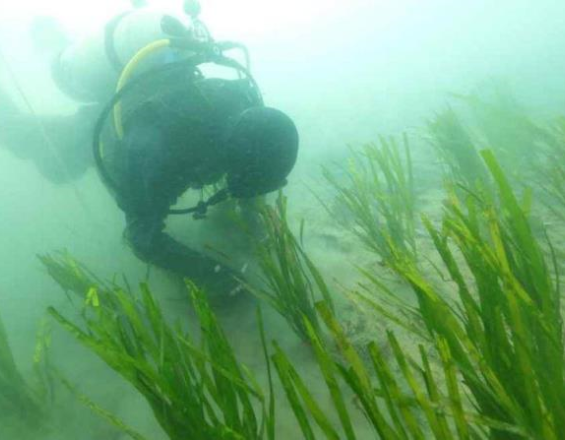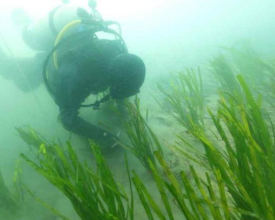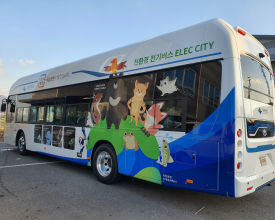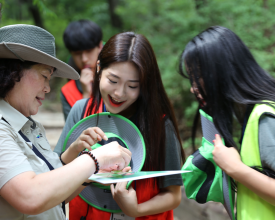
Principales politiques pour la neutralité carbone des parcs nationaux coréens d'ici 2030

○ La première est la stratégie de réduction des parcs nationaux "zéro carbone". Nous prévoyons d'établir un système de transport écologique dans les parcs nationaux avec zéro véhicule à moteur à combustion en introduisant de nouvelles sources d'énergie renouvelable, en atteignant une autosuffisance énergétique de 100 % pour les installations des parcs et en introduisant des navettes écologiques.
○ Deuxièmement, la stratégie d'adaptation au changement climatique. Les mesures comprennent le renforcement de la surveillance des écosystèmes vulnérables par la construction et l'exploitation de stations de changement climatique, l'établissement de mesures d'adaptation au changement climatique par le biais d'évaluations de la vulnérabilité, la convergence des technologies de pointe telles que la RV avec les programmes de prévention des catastrophes naturelles afin de prévenir la perte de stockage du carbone.
Enfin, la stratégie d'expansion de la culture de la neutralité carbone. Nous visons à créer des résultats durables en matière de valeur sociale en construisant un consensus national et étranger établi par le biais de l'éducation et des événements environnementaux. KNPS établira également des partenariats ESG avec des entreprises par le biais de nos projets distincts.
Contexte
Défis à relever
Emplacement
Impacts
Le stock de carbone des écosystèmes forestiers des parcs nationaux s'élève à 347 millions de tonnes de CO2, et le stock de carbone moyen par hectare est de 899 tonnes de CO2, soit 1,8 fois plus que la moyenne des forêts asiatiques* et 1,5 fois plus que la moyenne des forêts mondiales**. Le service coréen des parcs nationaux prévient et gère les dommages causés aux écosystèmes par les incendies de forêt et les glissements de terrain afin de préserver le stock de carbone dans les parcs nationaux, et encourage l'expansion des puits de carbone et le renforcement de la connectivité des écosystèmes en restaurant les écosystèmes terrestres et marins endommagés.
* 499 tonnes de CO2/ha (Évaluation des ressources forestières mondiales 2020, FAO)
** 598 tonnes de CO2/ha (Évaluation des ressources forestières mondiales 2020, FAO)
○ Selon une enquête de perception du public réalisée en 2021, le niveau de sensibilisation à la neutralité carbone s'élevait à 44 %*. En utilisant la fonction de réservoir de carbone des parcs nationaux, nous diffusons un consensus sur la neutralité carbone par le biais de campagnes d'incitation à l'action, de programmes de visites et d'éducation.
* Ministère de la culture, des sports et du tourisme, "Report on Public Perception of 2050 Carbon Neutrality Promotion" (Nov. 2021).






